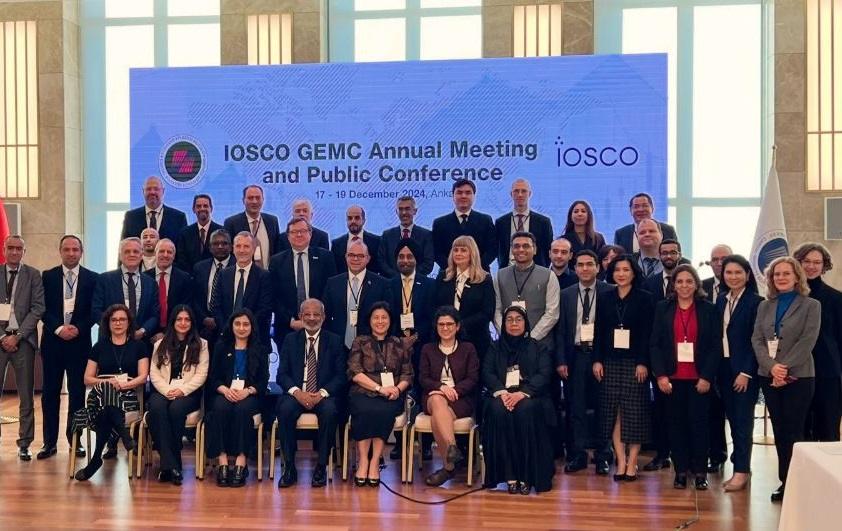IFRS Sustainability and Climate Reporting Standards to Take Effect in 2024
The International Financial Reporting Standards Foundations’ (IFRS) new global sustainability and climate disclosure standards will be effective as of January 2024, according to an announcement today by the IFRS’s International Sustainability Standards Board (ISSB).
The new reporting standards are expected to be released by the end of Q2 2023, with companies beginning to issue disclosures against the standards in 2025. The ISSB said that the decision to set the 2024 effective date answered “strong demand from investors for companies globally to disclose comprehensive, consistent and comparable sustainability-related information.”
ISSB Chair Emmanuel Faber, said:
“We responded to capital market and G20 demand for a common language of investor focused sustainability-related disclosure, working diligently to deliver standards that fulfil the global baseline. Setting a 2024 effective date is consistent with this demand.”
The ISSB was officially launched in November 2021 at the COP26 climate conference, with the goal to develop IFRS Sustainability Disclosure Standards, in order to provide a global baseline of disclosure requirements that can be used by jurisdictions on a standalone basis or incorporated into broader reporting frameworks. The board released the first exposure drafts for its first two reporting standards, covering general requirements for sustainability-related financial information and climate-related disclosures in March 2022.
The mid-2023 release date aligns with a recent announcement by IFRS Chair Erkki Liikanen at the WEF Forum in Davos that the standards would be finalized in June. At the Forum, Liikanen also said that after releasing the standards, the ISSB will consult on a series of issues, including reporting on biodiversity, human capital and human rights, as well on the connectivity of financial reporting with sustainability reporting.
In addition to the 2024 effective date announcement, the ISSB at its meeting on Thursday also made its final decisions on all of the technical content of the standards, indicating that the substance of the standards has now been fully agreed.
The ISSB also voted to include a reference to the GRI standards and the European Sustainability Reporting Standards (ESRS) as sources of guidance for companies to be allowed to consider in the application of the IFRS’ general sustainability reporting standard (“S1”), in the absence of a specific ISSB standard.
As the ISSB prepares to release the finalized standard, and companies gear up to begin reporting against the new standards, the board said that it will focus its efforts on developing further guidance and training material, and working with partners on the delivery of a core capacity building program across different economic settings.
Faber said:
“Now, we will work with regulators around the world as they play their part, creating the conditions within their markets for adoption, so that investors can use comparable information about sustainability-related risks and opportunities in their investment decisions without delay.”





